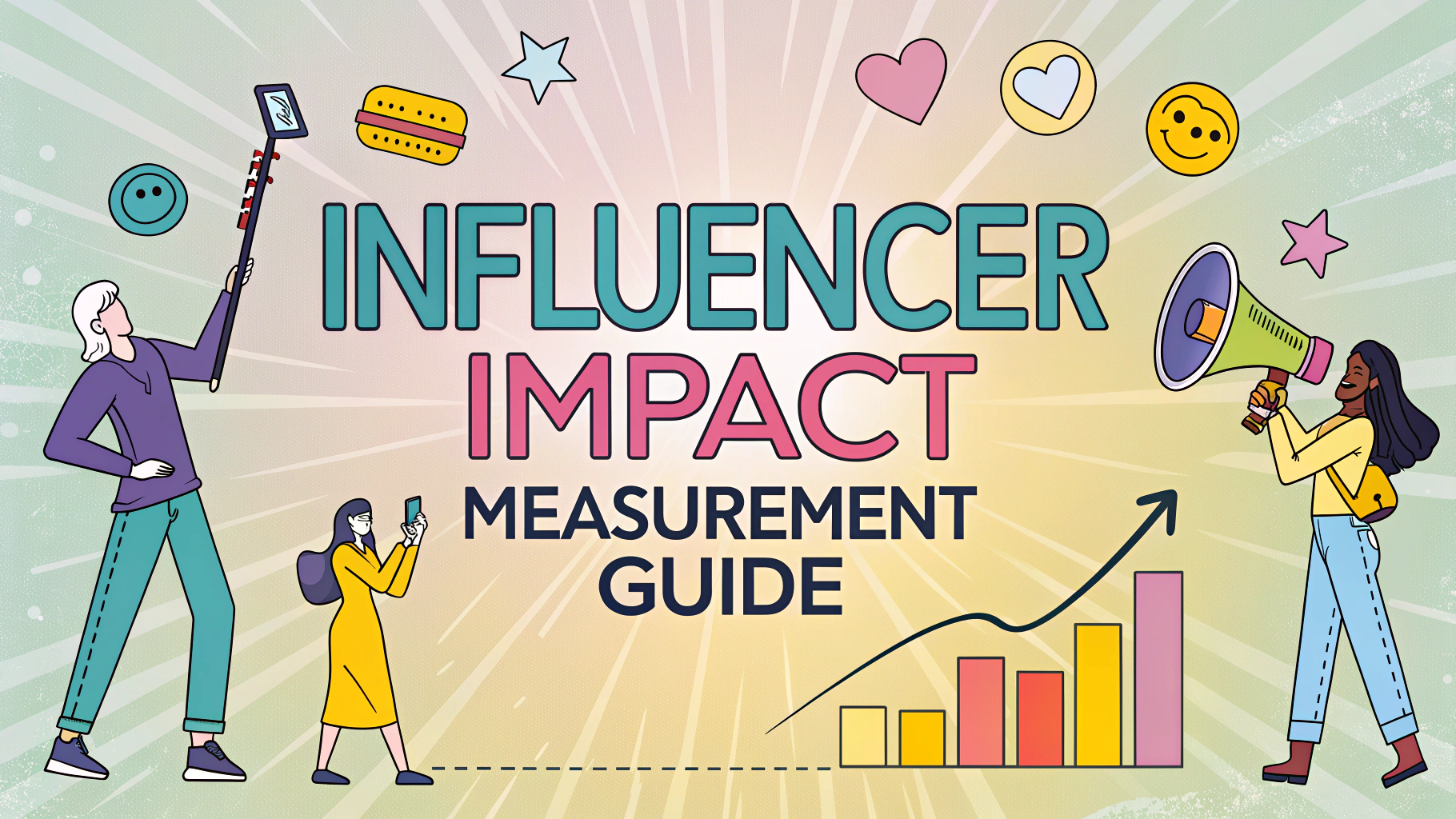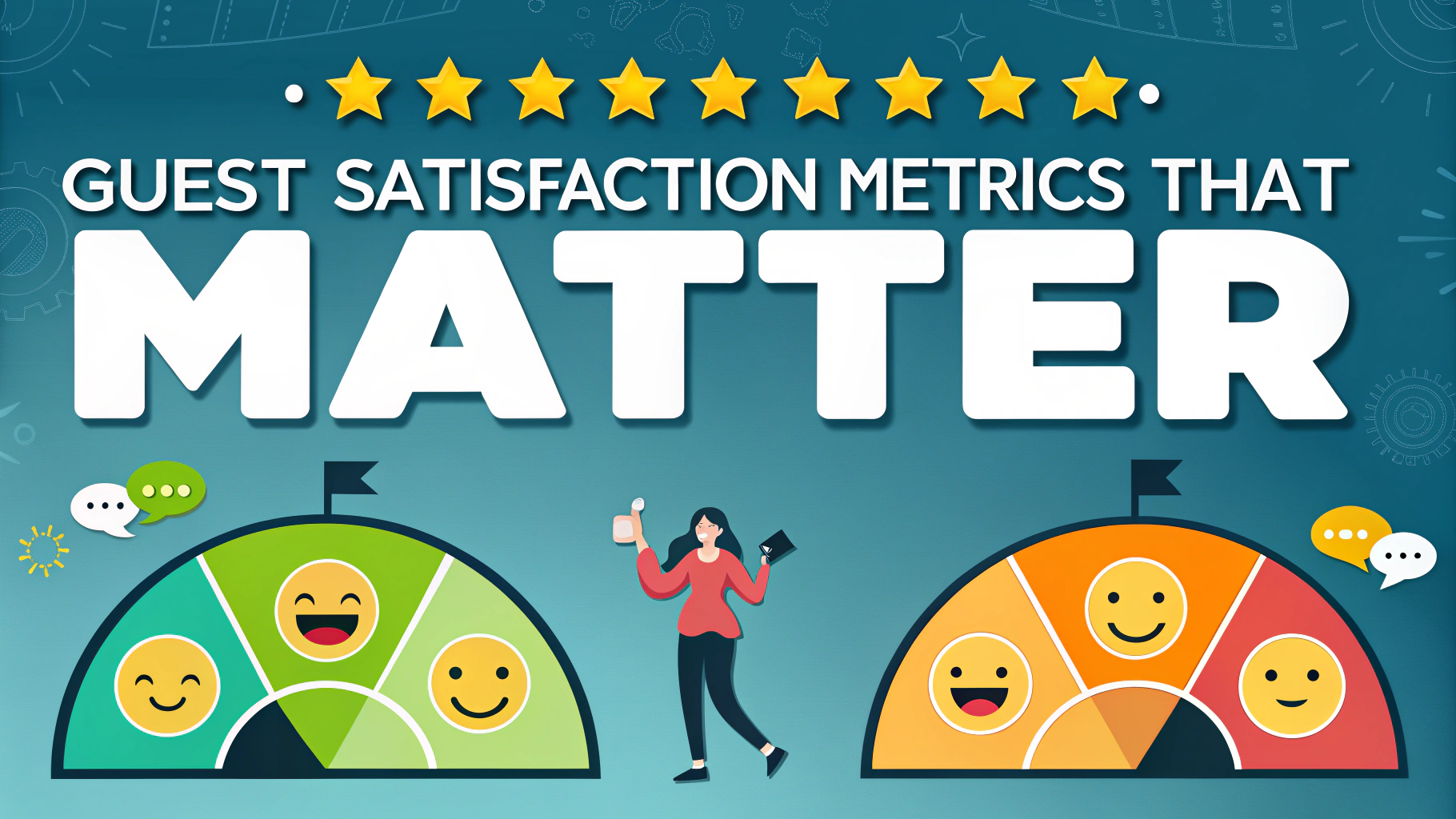Wedding celebrations represent one of the most profitable segments in the hospitality industry, with hotels uniquely positioned to capture this lucrative market.
A well-executed hotel wedding program can generate substantial revenue through venue rentals, catering, accommodations, and auxiliary services like spa treatments and rehearsal dinners.
This guide explores proven strategies for hotels to attract, book, and deliver exceptional wedding experiences while maximizing revenue opportunities.
Creating Your Wedding Package Portfolio
Design tiered wedding packages that cater to different budget levels and party sizes.
- Entry Package: Ceremony venue, basic catering, minimal decor
- Standard Package: Ceremony + reception venues, full catering, basic bar service
- Premium Package: All-inclusive with upgraded menu, premium bar, decor, suite for couple
- Custom Package: Flexible options for unique requests
Essential Wedding Venue Requirements
Ensure your property meets these fundamental requirements:
- Dedicated ceremony space (indoor and outdoor options)
- Reception hall with proper capacity
- Getting-ready suites for wedding parties
- Professional kitchen facilities
- Adequate parking
- Accessible restrooms
- Climate control systems
Building Your Wedding Team
Establish a dedicated wedding team with these key roles:
- Wedding Coordinator/Manager
- Catering Manager
- Banquet Captain
- Setup Crew
- Service Staff
Marketing Your Wedding Venues
- Create professional photo and video content
- Maintain active wedding-focused social media accounts
- Partner with local wedding vendors
- Host bridal shows and open houses
- Develop SEO-optimized wedding landing pages
Vendor Network Development
Build relationships with these essential wedding vendors:
- Photographers/Videographers
- Florists
- DJs/Musicians
- Wedding Planners
- Cake Designers
- Decor Companies
Revenue Maximization Strategies
- Offer room block discounts for wedding guests
- Create pre-wedding packages (spa services, rehearsal dinners)
- Implement food and beverage minimums
- Design upgrade options for each package level
- Develop seasonal pricing strategies
Wedding Day Operations
Execute these operational elements flawlessly:
- Detailed timeline management
- Vendor coordination
- Setup and breakdown procedures
- Emergency response plans
- Guest service protocols
Setting Your Property Apart
Consider implementing these unique offerings:
- Customizable wedding apps
- Virtual planning tools
- Sustainability options
- Cultural ceremony accommodations
- Post-wedding breakfast packages
Success Metrics and Growth
Track these key performance indicators:
- Booking conversion rates
- Revenue per wedding
- Customer satisfaction scores
- Vendor feedback
- Return on marketing investment
Quality Control Standards
Implement comprehensive quality control measures:
- Regular venue maintenance inspections
- Staff training and certification programs
- Food safety and presentation standards
- Service timing benchmarks
- Customer feedback systems
Technology Integration
Leverage technology to enhance wedding services:
- Digital booking and payment systems
- 3D venue visualization tools
- Wedding planning software
- Social media integration
- Guest management platforms
Risk Management
Develop comprehensive risk management protocols:
- Weather contingency plans
- Liability insurance coverage
- Vendor verification processes
- Contract management systems
- Crisis response procedures
Future-Proofing Your Wedding Business
Position your property for long-term success in the wedding market through:
- Regular market trend analysis
- Continuous staff development
- Investment in venue upgrades
- Adaptation to changing consumer preferences
- Building a strong reputation in the wedding industry
Building Lasting Success in Wedding Hospitality
Success in the hotel wedding segment requires a balanced approach combining operational excellence, market awareness, and continuous improvement. Hotels that invest in quality facilities, professional staff, and modern systems while maintaining flexibility to meet evolving client needs will establish themselves as premier wedding destinations. Focus on creating memorable experiences while maximizing revenue opportunities to build a sustainable and profitable wedding program.
FAQs
- What key elements should a hotel’s wedding package include?
A comprehensive wedding package should include the ceremony venue, reception space, catering services, basic décor, tables and chairs, linens, basic audiovisual equipment, a dedicated wedding coordinator, and a complimentary suite for the newlyweds. - How far in advance should hotels begin marketing to potential wedding couples?
Hotels should begin marketing to couples 12-18 months before their preferred wedding dates, as most couples start planning their weddings about one year in advance. - What digital marketing strategies work best for promoting hotel wedding venues?
Effective digital strategies include maintaining an updated wedding-specific website section, utilizing social media platforms like Pinterest and Instagram, implementing virtual tours, maintaining presence on wedding planning websites, and using targeted social media advertising. - How can hotels differentiate their wedding offerings from competitors?
Hotels can stand out by offering unique venue spaces, customizable packages, partnerships with premium vendors, distinctive culinary experiences, tech-forward planning tools, and special cultural wedding accommodations. - What are the essential vendor partnerships hotels should establish for weddings?
Hotels should partner with florists, photographers, videographers, DJs/bands, wedding planners, bakeries, transportation services, and specialty lighting companies. - How should hotels price their wedding packages?
Wedding packages should be priced based on market research, competitor analysis, venue capacity, included amenities, season, day of the week, and operational costs while maintaining a 25-35% profit margin. - What insurance requirements should hotels have for wedding events?
Hotels should require liability insurance coverage, event cancellation insurance, and vendor insurance certificates, while maintaining their own comprehensive event liability coverage. - How can hotels accommodate destination wedding requests?
Hotels should offer comprehensive destination wedding services including room blocks, transportation coordination, welcome packages, local activity planning, multi-day event scheduling, and dedicated multilingual staff if necessary. - What staffing requirements are needed for wedding events?
Essential staff includes a dedicated wedding coordinator, banquet captain, servers, bartenders, housekeeping team, security personnel, and culinary team, with a recommended ratio of one server per 15-20 guests. - How can hotels effectively showcase their wedding spaces to potential clients?
Hotels should maintain a professional portfolio of past events, offer virtual tours, host wedding showcases, create detailed floor plans, and provide high-quality photos and videos of different setup options.







